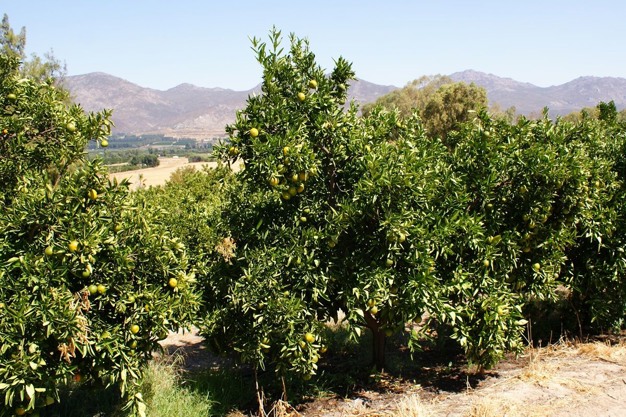The Citrus Growers' Association of Southern Africa (CGA) would like to clarify that, contrary to media reports, the local citrus industry is not being threatened by a new greening disease. African Citrus Greening (ACG) is under official control in South Africa by preventing movement of propagation material from greening areas to greening-free areas. It is important to note that ACG cannot be spread by fruit or seed, and resultantly there is no restriction on the movement of citrus fruit - and this applies worldwide. Therefore, any suggestions that export citrus can spread this disease is incorrect.
Some media outlets are incorrectly reporting that South Africa "faces a new disease threat" in the form of "the African strain of the citrus-greening disease". This also incorrectly conflates two diseases.

HLB (Huanglongbing or Asian Citrus Greening, and sometimes casually referred to as Yellow Dragon) is a feared citrus disease and has caused devastation in some citrus producing regions throughout the world. This disease is not present in South Africa.
African Citrus Greening (ACG), on the other hand, has been reported in South Africa since 1932 and has been managed with great success since then. ACG was detected in October 2023 near Gqeberha, in an area where it has not been detected before. ACG is caused by an entirely different species of bacteria, spread by an entirely different vector and it is a citrus disease that is not nearly as dangerous as HLB.
The detection of ACG in Gqeberha simply required further control measures (control of the insect vector and infected plant material) to continue the successful prevention of the spread to commercial citrus production areas.
To link ACG in any way with current cases at the World Trade Organisation on unnecessary and trade restrictive Citrus Black Spot (CBS) and False Codling Moth (FCM) measures, is inappropriate. The CBS and FCM cases filed against the European Union is in no way related to ACG.
African Greening is not a threat to the future of the South African citrus industry. In fact, the future of the industry is looking bright. In spite of climatic and other economic factors that had a somewhat dampening effect on projected export volumes, the industry is well on course to continue its impressive growth trajectory in the next few years. This is a testament to the hard work of the growers, the quality of our fruit and the robust phytosanitary measures implemented by the South African government and the industry itself.
Contact:
Gerhard Mulder
Citrus Growers' Association of Southern Africa
Tel: (+27) (0)83 305 9361
[email protected]
